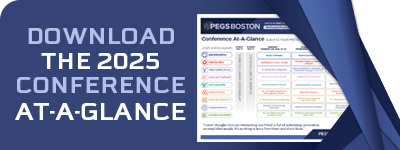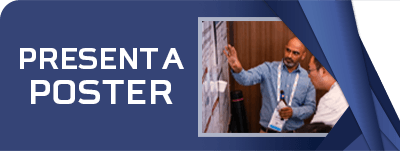Cambridge Healthtech Instituteの第4回年次
Emerging Targets for Oncology and Beyond
腫瘍以外の新興ターゲット
Hitting the Bullseye
命中
2025年5月13日 - 14日 EDT(米国東部標準時・夏時間)
Tuesday, May 13
1:50 pmDessert Break in the Exhibit Hall with Poster Viewing
TARGET DISCOVERY, PREDICTION, AND VALIDATION
AI-Based Target Identification and Antibody Discovery in Oncology
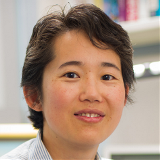 Xiaole Shirley Liu, PhD, CEO, GV20 Therapeutics
Xiaole Shirley Liu, PhD, CEO, GV20 Therapeutics
GV20's STEAD platform leverages proprietary AI to decode the human immune system and uncover tumor targets and functional antibodies directly from patient tumor profiles. The power of STEAD is demonstrated by the unprecedented 3-year timeline from target research to IND of the lead program GV20-0251 against a novel immune checkpoint IGSF8, and validated by GV20-0251's favorable safety and promising monotherapy efficacy in advanced metastatic cancer patients in US clinics (NCT05669430).
- STEAD application in ADC and bispecifics
- Antibody developability from AI-prediction
- STEAD for novel target discovery
- Difference from AlphaFold AI
Identification of Next-Generation Brain Shuttles and Shuttle Targets and Using Multiplexed in vivo Screening with Protein Barcodes
 Karen E. Duffy, PhD, Principal Scientist, Protein Engineering, Manifold Biotechnologies Inc.
Karen E. Duffy, PhD, Principal Scientist, Protein Engineering, Manifold Biotechnologies Inc.
TfR1 shuttles show promise for Alzheimer's treatment, but toxicities remain limiting. Powered by AI and Manifold’s protein barcoding technology, we introduce a high-throughput in vivo screening method to identify novel brain shuttles. Our approach reveals new shuttle targets and shuttles with diverse properties, particularly PX1, which enhances anti-Aß antibody delivery without the hematological toxicity of TfR1 shuttles. This work highlights the power of large-scale in vivo testing.
3:30 pmSponsored Presentation (Opportunity Available)
4:00 pmRefreshment Break in the Exhibit Hall with Poster Viewing
SPEED NETWORKING
How Many New Contacts Can You Make?
 Kevin Brawley, Project Manager, Production Operations & Communications, Cambridge Innovation Institute
Kevin Brawley, Project Manager, Production Operations & Communications, Cambridge Innovation Institute
Bring yourself and your business cards or e-cards, and be prepared to share and summarize the key elements of your research in a minute. PEGS-Boston will provide a location, timer, and fellow attendees to facilitate the introductions.
NOVEL APPROACHES FOR REINVIGORATED TARGETS
Preclinical Development of Affibody-Based Drug Conjugates Targeting HER3
 Torbjörn Gräslund, PhD, Professor, Department of Protein Science, KTH Royal Institute of Technology
Torbjörn Gräslund, PhD, Professor, Department of Protein Science, KTH Royal Institute of Technology
HER3 overexpression is relatively common in breast- and other cancers, and the development of HER3-targeted drugs is therefore warranted. Affibody molecules are small engineered alternative scaffold affinity proteins that can be site-specifically loaded with cytotoxic drugs to create homogenous conjugates with a desired drug-to-affibody ratio. We have explored HER3-targeted affibody molecules loaded with the cytotoxic drug DM1 in xenograft models and determined their biodistribution and therapeutic potential.
GPC3-Targeting ARTEMIS T Cell Therapy for Hepatocellular Carcinoma: Preclinical and Clinical Results
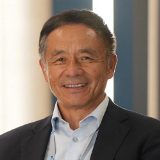 Cheng Liu, PhD, President & CEO, Eureka Therapeutics, Inc.
Cheng Liu, PhD, President & CEO, Eureka Therapeutics, Inc.
This presentation will outline the design of ARTEMIS (AbTCR) T cell engineering technology to improve solid tumor T cell infiltration and reduce CRS, particularly the targeting of Glypican 3 (GPC3) in advanced hepatocellular carcinoma (HCC). Preclinical and clinical data of GPC3-targeting ARTEMIS T cell therapy for HCC patients will be shared.
The Development of VT1021, a First-in-Class Therapeutic Peptide That Modulates Tumor Immune Microenvironment
 Jing Watnick, PhD, COO, Vigeo Therapeutics Inc.
Jing Watnick, PhD, COO, Vigeo Therapeutics Inc.
VT1021, a cyclic peptide designed to stimulate thrombospondin-1 expression by replicating the biological activity of prosaposin, has been shown to stimulate TSP-1 production in the tumor microenvironment (TME). In the first-in-human study, the safety and tolerability, clinical response, and biomarker profile of VT1021 are reported. The modifications of the TME correlates with VT1021 treatment, from one that is immunosuppressive and tumor-promoting to one that is immune-active and tumor-inhibiting.
6:10 pmClose of Day
6:10 pmDinner Short Course Registration
6:30 pmRecommended Dinner Short Course
SC5: Targeting the Target: Aligning the Target and Biologic Format Biology to Achieve Desired Outcomes
*Separate registration required. See short course page for details.
Wednesday, May 14
7:15 amRegistration and Morning Coffee
WORKFORCE INNOVATION BREAKFAST
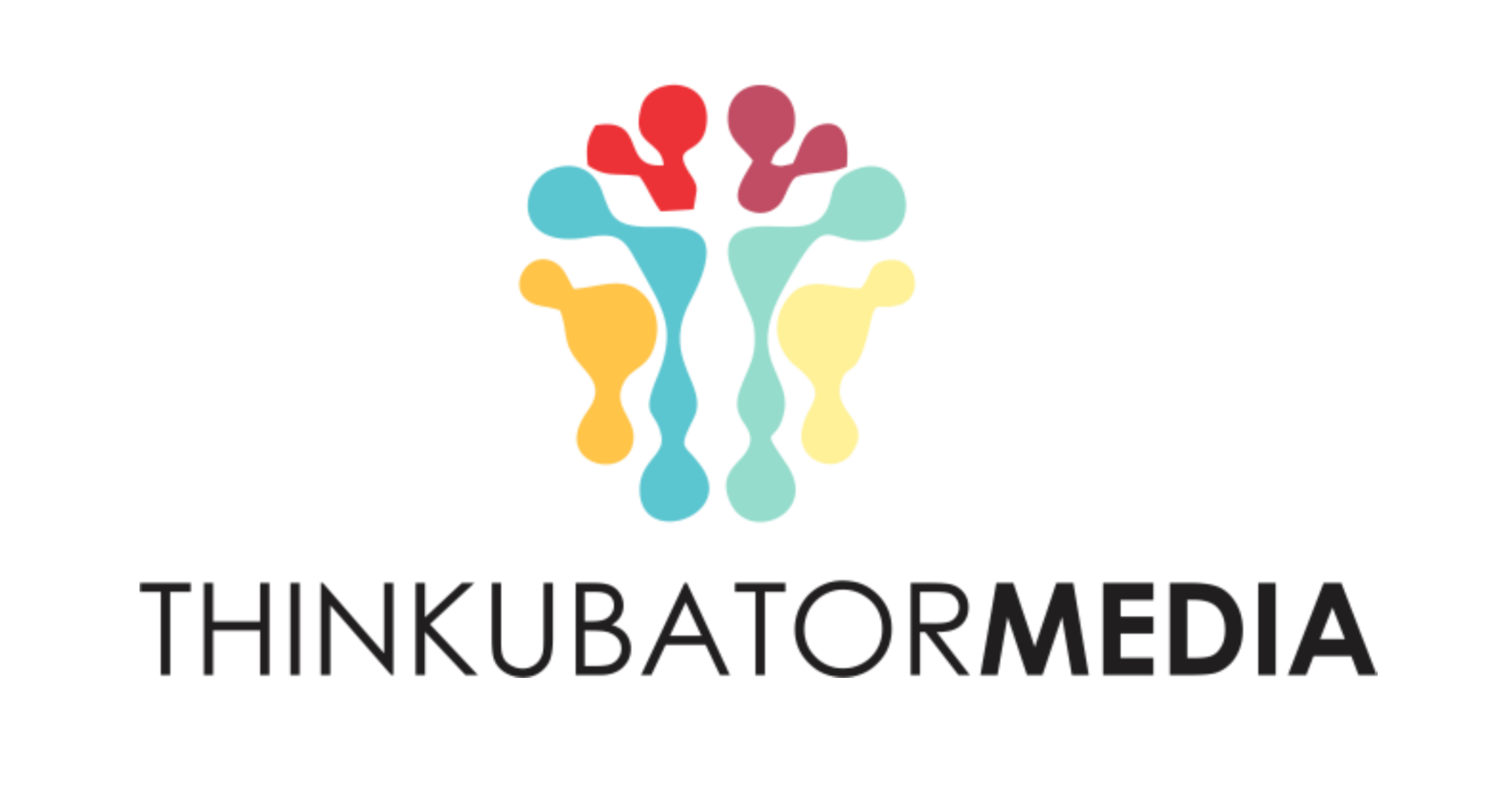 PANEL DISCUSSION:
PANEL DISCUSSION:Workforce Transformation: An Evolving Approach to Achieve Innovation
(Continental Breakfast Provided) Co-Organized with Thinkubator Media
 Lori Lennon, Founder & CEO, Thinkubator Media
Lori Lennon, Founder & CEO, Thinkubator Media
This panel will explore the pivotal decisions shaping our approach to DEI, focusing on workforce innovation and transformation. Panelists will discuss how these strategies are driving impactful change within organizations, fueling innovation, and redefining workplace culture.
PLENARY KEYNOTE SESSION
Ex vivo and in situ Engineered Stroma Targeted CAR T Cells for the Treatment of Solid Tumors and Fibrosis
 Ellen Puré, PhD, Chair & Professor, Biomedical Sciences, University of Pennsylvania
Ellen Puré, PhD, Chair & Professor, Biomedical Sciences, University of Pennsylvania
Engineered chimeric antigen receptor expressing T cells (CARTs) have had a major impact on the treatment of hematopoietic cancers. Solid tumors however, are largely resistant to malignant cell-targeted CAR Ts due to a stroma-rich microenvironment. This talk will provide proof-of-concept for therapeutic efficacy of ex vivo and in situ engineered stroma-targeted CAR Ts in solid tumors and tissue fibrosis, and their capacity to synergize with chemo- and other immune-based therapies.
9:35 amCoffee Break in the Exhibit Hall with Poster Viewing
ENTREPRENEUR MEET-UP
Fostering Entrepreneurship and Models for Start-Ups
Natalie Galant, CEO of Paradox Immunotherapeutics and Termeer Fellow, and Catharine Smith, Executive Director of the Termeer Foundation, are co-hosting an entrepreneurship meet up.
Are you a founder or aspiring founder? Are you an academic entrepreneur? Join Natalie and Catharine and PEGS attendee founders and entrepreneurs for networking and discussion.
We will discuss existing resources for academic entrepreneurs, founders, and start-up leaders, and areas where the ecosystem can better support you.
NOVEL/EMERGING TARGETS
GlycoRNA Biology in Health and Disease
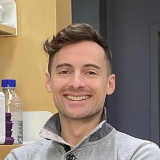 Ryan A. Flynn, PhD, Assistant Professor, Stem Cell and Regenerative Biology, Boston Children's Hospital
Ryan A. Flynn, PhD, Assistant Professor, Stem Cell and Regenerative Biology, Boston Children's Hospital
Glycans traditionally modify lipids and proteins to mediate inter- and intramolecular interactions across all domains of life, while RNA has not been thought to be a major target of glycosylation. I will discuss evidence for the discovery of glycoRNAs in mammalian cells which would represent a third scaffold for glycosylation. Highlights of the chemical biology used to uncover glycoRNAs will be reviewed, with a focus on our more recent work aiming to define the precise linkage between N-glycans and RNA, as well as the organizational basis for glycoRNA presentation on the cell surface.
Targeting mCALR in MPN Diseases
 Horacio G. Nastri, PhD, Vice President, Protein Science and Technology, Incyte Corporation
Horacio G. Nastri, PhD, Vice President, Protein Science and Technology, Incyte Corporation
Calreticulin (CALR) mutations are responsible for MPNs in 20-30% of patients. Insertions or deletions CALR in exon 9 create positively charged C-terminus variants lacking the KDEL endoplasmic reticulum retention signal. Mutant CALR (mutCALR) transits with the thrombopoietin receptor (TPO-R) forming an extracellular neoantigen that constitutively activates the JAK2/STAT signaling. INCA033989 is an antibody targeting mutCALR, selective for cells expressing mutCALR that allows targeting neoplastic cells without compromising normal hematopoiesis.
 Quick ‘n’ Clean: High-Throughput Bispecific Antibody (BsAb) Production for Optimal Pairing Screening at Discovery Stage
Quick ‘n’ Clean: High-Throughput Bispecific Antibody (BsAb) Production for Optimal Pairing Screening at Discovery Stage
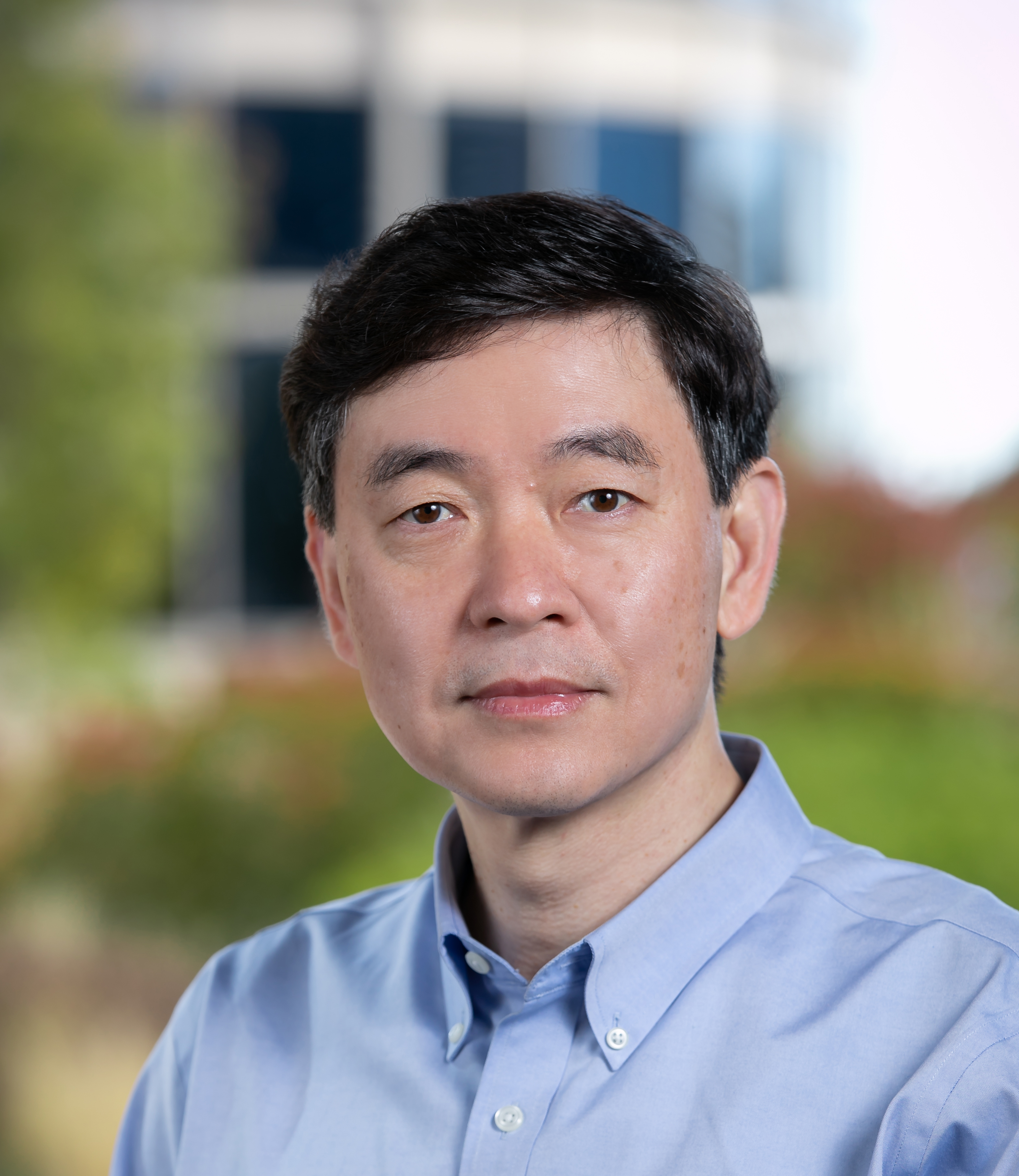 Jiansheng Wu, Head of CRO Services, WuXi Biologics USA LLC
Jiansheng Wu, Head of CRO Services, WuXi Biologics USA LLC
Finding the optimal pairing of bsAb requires producing a large number of bsAb molecules at the 1-5 mg scale to support in vitro binding assays and cell-based screening. However, high-purity, low-endotoxin bsAb production is often time-consuming and cost-prohibitive. Quick ‘n’ Clean leverages fit-for-purpose molecule designs to enable high-throughput bsAb purification at small scale, achieving >99% heterodimer purity and ultralow endotoxin levels (<0.1 EU/mg). This meets the stringent requirements of immune cell-based assays and other demanding applications. Quick ‘n’ Clean accommodates various bsAb formats, including those with two different light chains.
11:55 amSession Break
INTERACTIVE DISCUSSIONS
Interactive Breakout Discussions are informal, moderated discussions, allowing participants to exchange ideas and experiences and develop future collaborations around a focused topic. Each discussion will be led by a facilitator who keeps the discussion on track and the group engaged. To get the most out of this format, please come prepared to share examples from your work, be a part of a collective, problem-solving session, and participate in active idea sharing. Please visit the Interactive Breakout Discussions page on the conference website for a complete listing of topics and descriptions.
What Format for What Disease? How do different antibody formats stack up versus CAR-T, T cell engagers, multispecifics, protein degraders, RNA etc?
Catherine Hutchings, PhD, Independent Consultant
- How are different antibody formats performing vs. other Ab-related therapeutic modalities to address efficacy and success in the clinic?
- Hematological vs. solid tumors (and target tissue)
- Oncology vs. non-cancer indications (what have we learnt from each)
- Format and target biology challenges
- The role of Fc domain, epitope, target combinations, IgG versus fragments (Fab, VHH, etc.)?
TARGETS FOR CANCER IMMUNOTHERAPY
Leveraging TCR-Mimic Antibodies to Target Driver-Gene Neoantigens
 Brian Mog, MD/PhD Candidate, Ludwig Center, Johns Hopkins School of Medicine
Brian Mog, MD/PhD Candidate, Ludwig Center, Johns Hopkins School of Medicine
Clonal mutations in driver genes such as TP53 and KRAS can be therapeutically targeted when mutated peptide fragments are presented on human leukocyte antigens (HLA). However, these neoantigens occur at extremely low numbers on the surface of cancer cells-often fewer than 10 per cell. Here, we describe the development of T cell receptor (TCR)-mimic antibodies and demonstrate their utility in chimeric TCRs for targeting a common TP53 neoantigen.
Discovery of TTX-080: Developing a Highly Specific Clinical HLA-G Antibody in Collaboration with Tizona Therapeutics
 Paul Widboom, PhD, Senior Director, Antibody Engineering, Adimab LLC
Paul Widboom, PhD, Senior Director, Antibody Engineering, Adimab LLC
Human leukocyte antigen-G (HLA-G) is a target with high therapeutic potential, as it is involved in immunosuppression through interaction with ILT2 and ILT4. The high percent identity of HLA-G to other class I HLA molecules makes specific binding a crucial property of a therapeutic antibody. Here we present the discovery of an HLA-G-specific antibody (TTX-080) with our partner Tizona Therapeutics, and its development to a clinical program.
The Ups, Downs, and Revitalization of IO Targets
Marie-Eve Beaulieu, PhD, Co-Founder & CSO, Drug Development, Peptomyc SL
- TIGIT, CD40, and other targets that haven’t lived up to expectations
- OX-40, 4-1BB, LAG3, and other reviving targets: lessons learned and future perspectives
3:30 pmSponsored Presentation (Opportunity Available)
4:00 pmIce Cream Break in the Exhibit Hall with Poster Viewing
TARGETING THE TUMOR MICROENVIRONMENT
Delivery Strategies for Making Biologics against Intracellular Targets a Reality
 Sankaran Thayumanavan, PhD, Distinguished Professor, Chemistry, University of Massachusetts Amherst
Sankaran Thayumanavan, PhD, Distinguished Professor, Chemistry, University of Massachusetts Amherst
Most of the current targeted protein degradation approaches have focused on discovering new pathways for degradation and designing small molecule degraders against disease-relevant targets. Polymeric scaffolds have the potential to rather uniquely impact this vibrant field. This presentation will focus on the new frontiers in targeted protein degradation that are uniquely enabled by polymeric materials.
Nano-Antibody (SBT-100) Inhibits KRAS and STAT3-And Penetrates the Blood-Brain-Barrier
 Sunanda Singh, Founder & CEO & President, Singh Biotechnology LLC
Sunanda Singh, Founder & CEO & President, Singh Biotechnology LLC
KRAS mutations are present in approximately 25% of all carcinomas. There are only two KRAS G12C inhibitors available. No treatment yet is available for cancers with other KRAS mutations, such as G12D, G13D, and G12V, which are more common subtypes. SBT-100 is a nano-antibody that inhibits STAT3 and KRAS mutations G12D and G13D, and wild KRAS. According to our preclinical studies, SBT-100 is a safe and well-tolerated pan-KRAS inhibitor. It effectively inhibits human cancers with KRAS mutations G12D and G13D. Although it has a short half-life in blood, it has a very long biological life.
Clinical Potential of Oncofetal-Chondroitin Sulfate for Pan-Cancer Therapies
 Elena Vidal-Calvo, PhD, PostDoc, Immunology & Microbiology, University of Copenhagen
Elena Vidal-Calvo, PhD, PostDoc, Immunology & Microbiology, University of Copenhagen
ofCS is a carbohydrate expressed in the tumor microenvironment (stromal and cancer cells) in nearly all cancer types. It is also found in distant metastases and plays a role in immune evasion, making it an ideal target for antibody-based therapies. Our highly specific ofCS antibodies, functionalized into antibody drug conjugates, eradicated tumors in 10+ cancer models without recurrence or toxicity, underscoring the remarkable tumor-specificity of the ofCS carbohydrate molecule.
Engineering Cell-Type Selective Immunotherapies via Cis-Targeting to Enhance Anti-Tumor Activity
 Yik Andy Yeung, PhD, CTO, Asher Biotherapeutics
Yik Andy Yeung, PhD, CTO, Asher Biotherapeutics
IL-21 is a critical cytokine that prevents T-cell exhaustion and enhances T-cell effector function. However, its clinical application in oncology is limited by its pleiotropic effects. To maximize IL-21's therapeutic potential, we developed AB821, a cis-targeted IL-21 designed to selectively activate CD8+ T cells. Preclinical data show that AB821 specifically targets antigen-experienced, exhausted CD8+ T cells in the tumor microenvironment with elevated IL-21R expression. Targeting these exhausted CD8+ T cells with AB821 reinvigorates their effector function, induces memory phenotypes, and drives profound anti-tumor effects in multiple PD1-refractory mouse tumor models.
6:40 pmNetworking Reception in the Exhibit Hall with Poster Viewing
7:40 pmClose of Emerging Targets for Oncology and Beyond Conference
* 不測の事態により、事前の予告なしにプログラムが変更される場合があります。
アジェンダ・講演者・スポンサー更新
2025年 プログラム
表示する:

工学ストリーム

腫瘍ストリーム

多重特異性ストリーム

免疫療法ストリーム

発現ストリーム

分析法ストリーム

免疫原性ストリーム

新興治療ストリーム

機械学習ストリーム






 Talk Title to be Announced
Talk Title to be Announced



